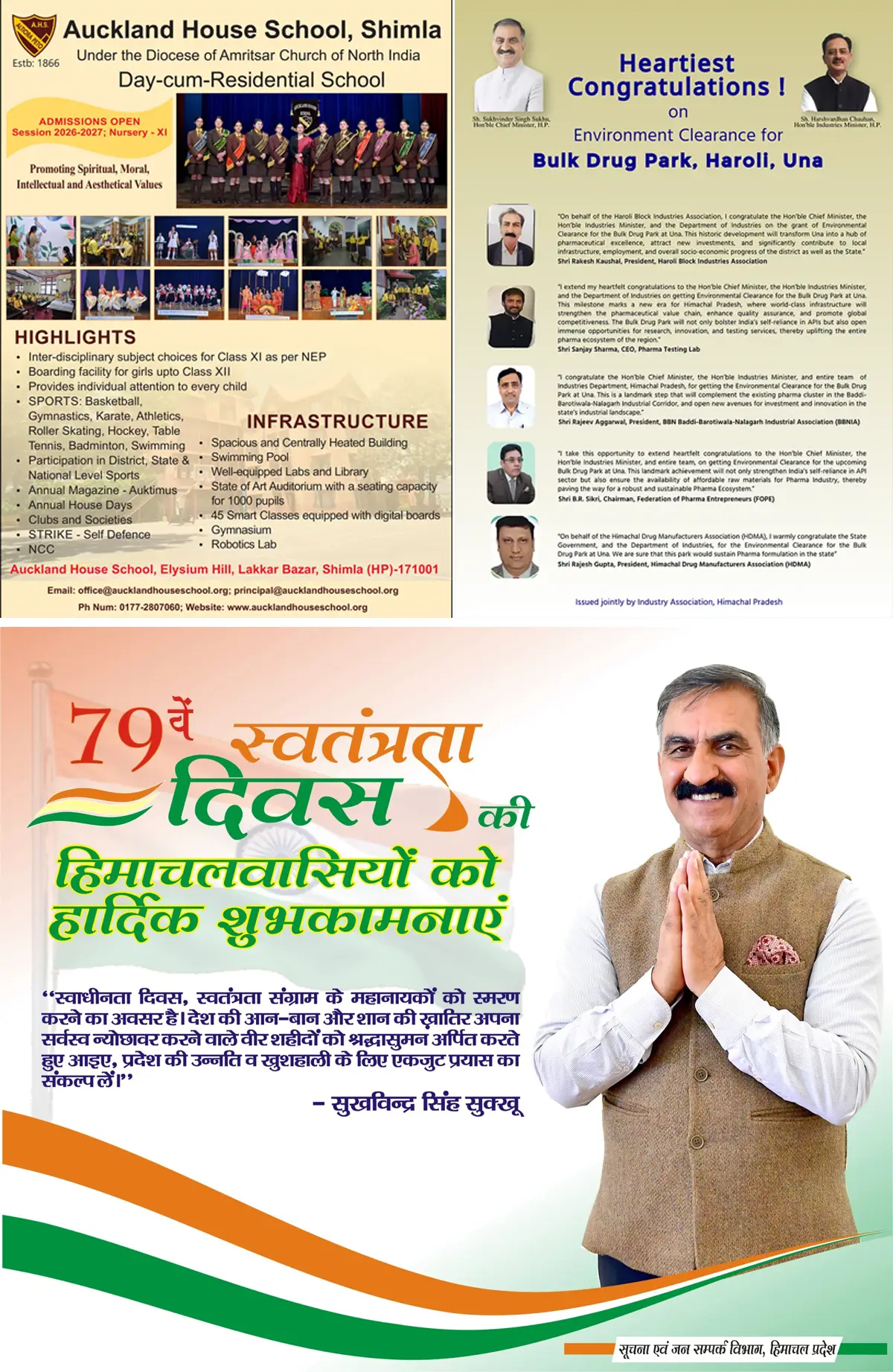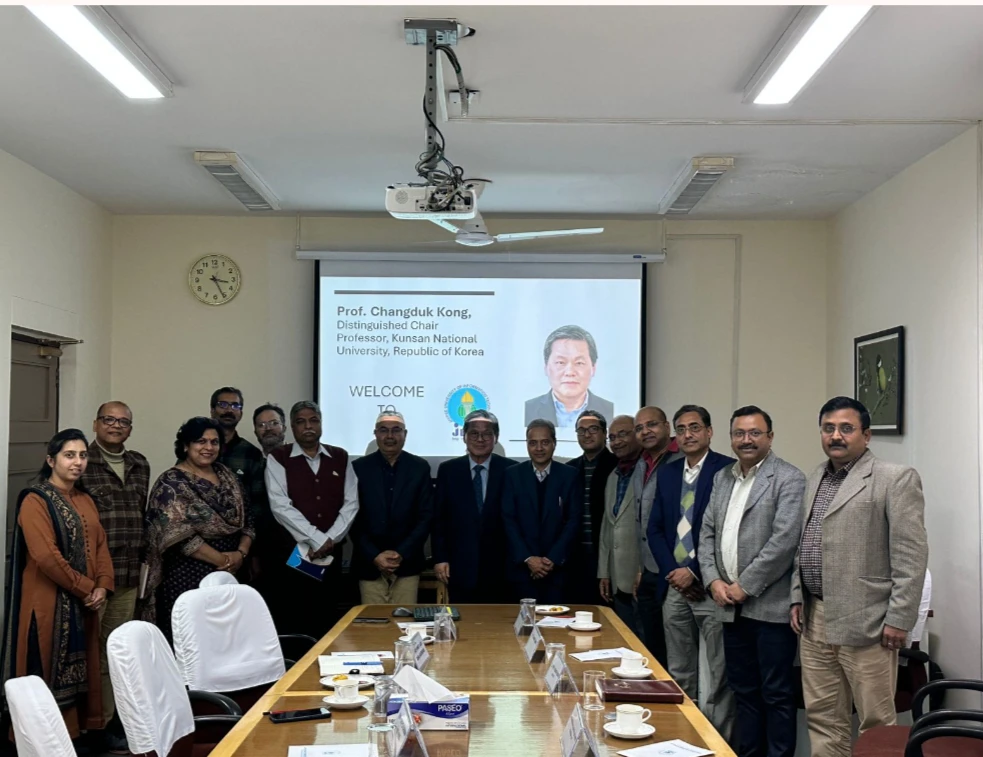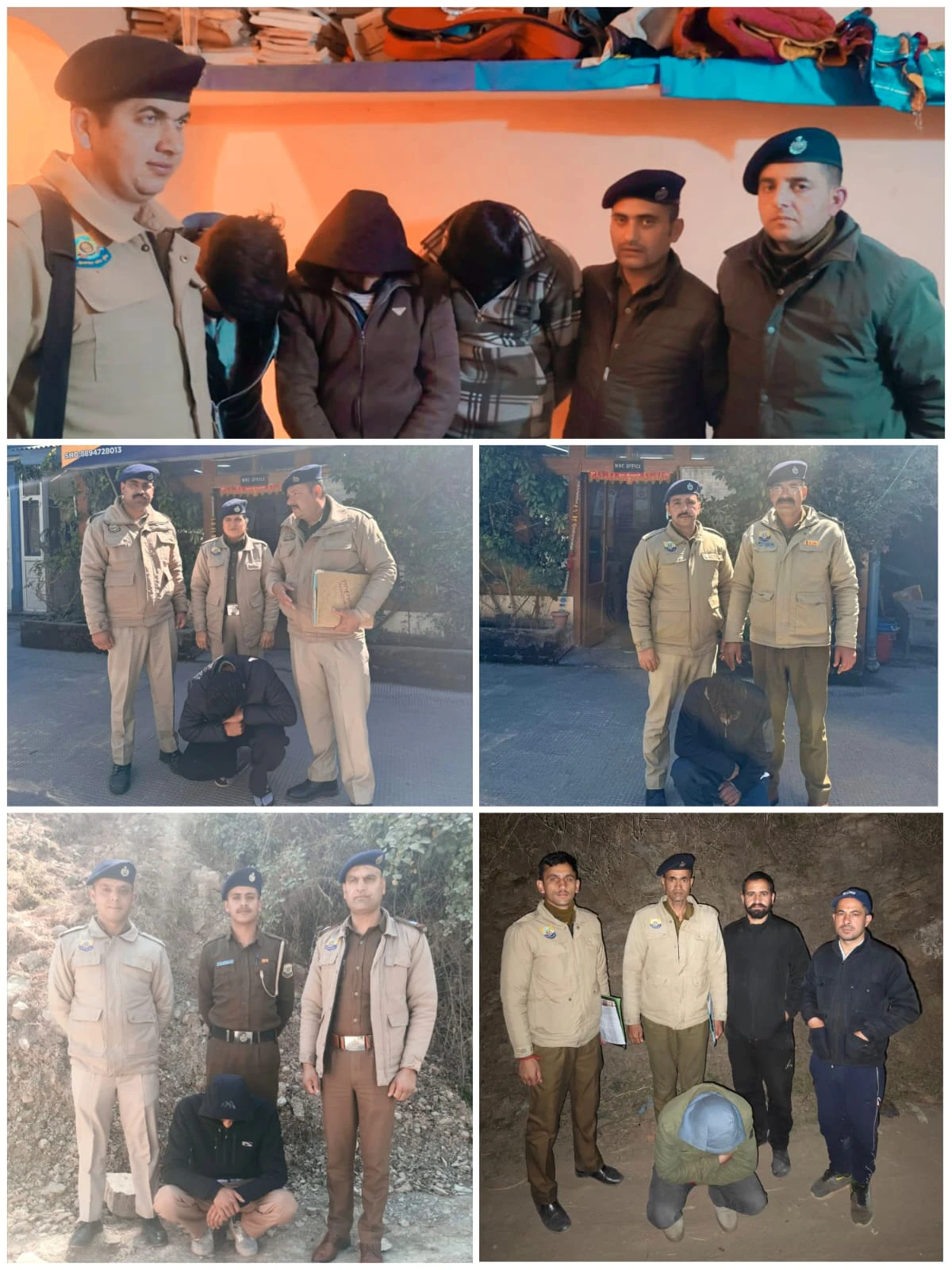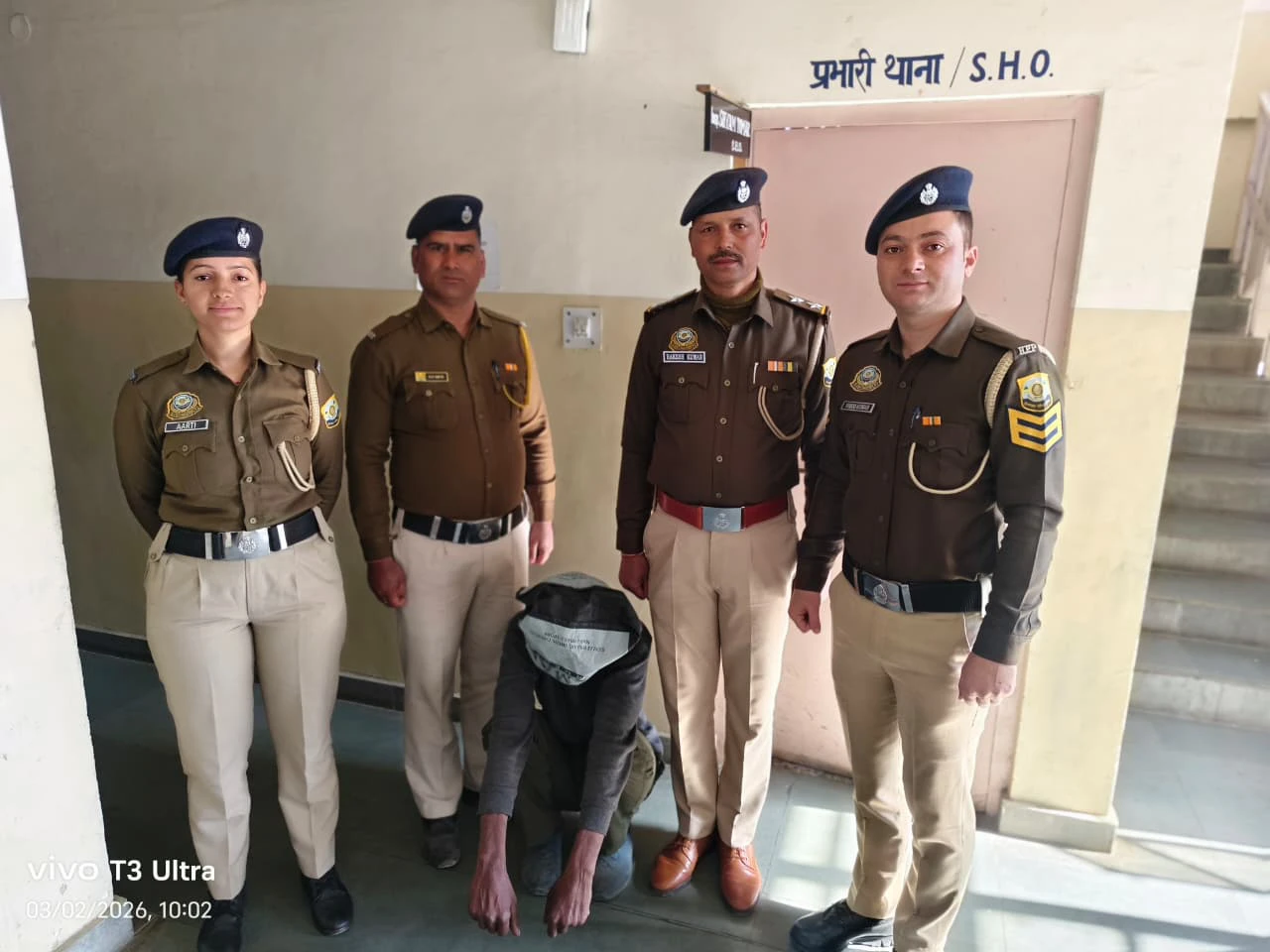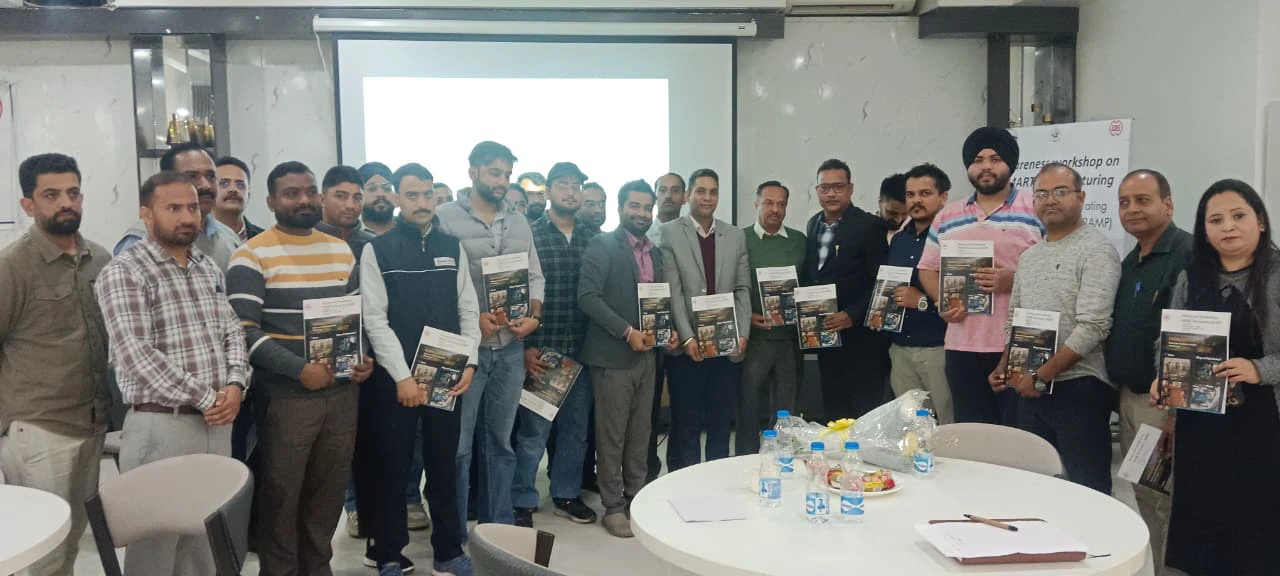PWD introduced Annual Training Calendar for officers
2 min read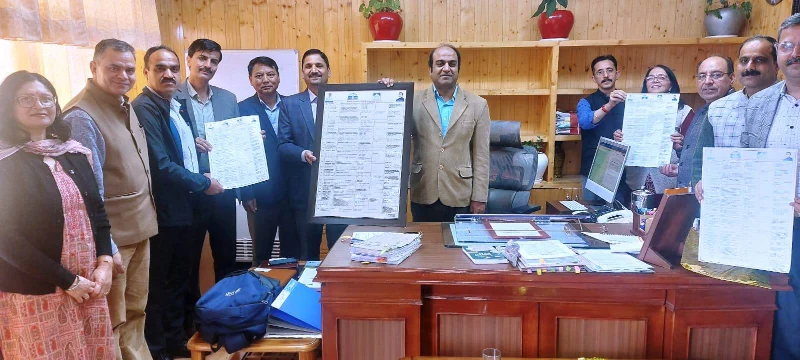
· Need to equip officers with modern engineering techniques: Abhishek Jain
Shimla , Sept 05
To meet the challenges posed by rapidly evolving technologies, continuous skill up-gradation, and the need for enhanced financial and technical knowledge, the Public Works Department (PWD) has introduced its Annual Training Calendar for officers and officials. The calendar was formally launched today in Shimla by Secretary PWD, Abhishek Jain.
The Secretary informed that, as per the schedule, every year, officers from the level of Sub-Divisional Officers (SDO’s) and above will undergo necessary training. The training calendar not only focuses on in-service skill enhancement but also emphasizes capacity building for future responsibilities.
He stated that in view of the growing challenges in infrastructure development, officers will also be provided specialized technical training through reputed institutions like the Indian Institutes of Technology (IITs), NIT, Indian Academy of Highway Engineers, Noida, Central Road Research Institute (CRRI) Delhi, HIPA and other nationally recognized engineering and management institutes. This initiative is expected to sharpen their professional expertise in areas such as road safety, sustainable infrastructure, green building technologies, e-governance, project management, and use of new-age construction materials.
As approved by the Public Works Minister Vikramaditya Singh, the calendar also introduces mandatory training for promotional posts — from Junior Engineers to SDOs and from SDOs to Executive Engineers. Further, training programmes will be conducted at the Zonal Offices, covering officers of all wings of the PWD, including Electrical, Mechanical, and Architectural divisions.
Highlighting the rationale, Jain said that with fast-paced technological advancements, there was a growing need to equip officers with modern engineering inputs for designing and constructing roads, tunnels, bridges, and buildings. Training will also focus on geotechnical studies, environmental assessments, use of digital tools like BIM (Building Information Modelling), GIS-based planning, and modern survey techniques using drones etc.


